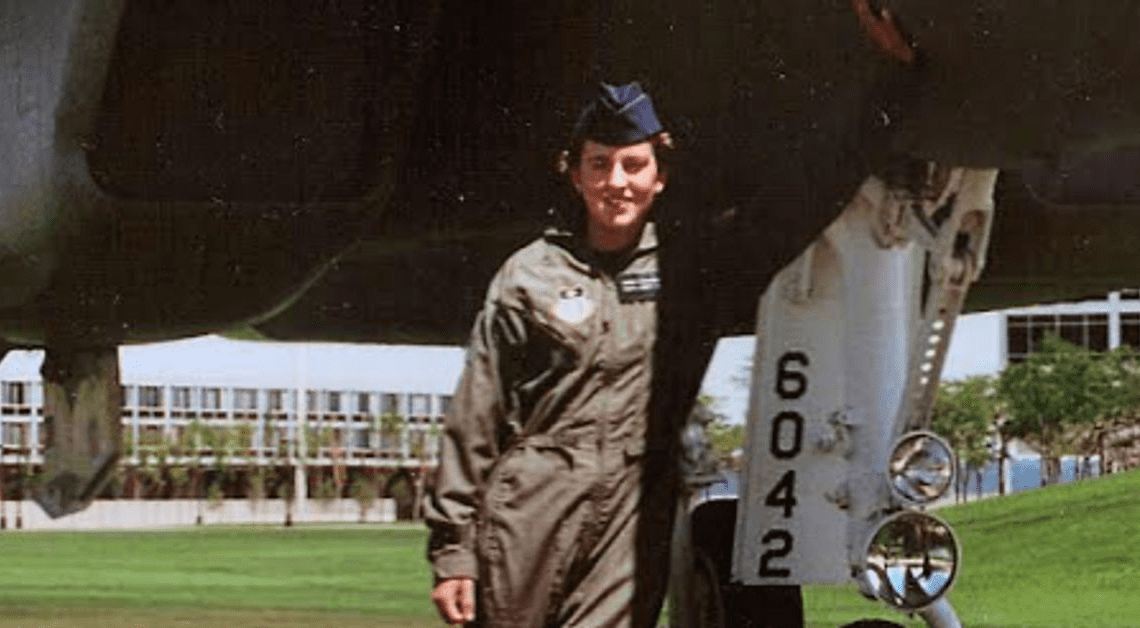A thick manilla envelope addressed to me in loopy cursive went unopened on the front corner of my desk. Every time I added mail or receipts to the pile, I shifted the envelope to the top. The wave of guilt brought on by noticing the care of the handwritten address was perhaps a way of punishing myself for my inability, or my refusal ― I wasn’t sure which ― to face the contents.
I already knew what was inside: a stack of letters written by the students of the most recent college class I visited. My book, the first traditionally published memoir about military sexual violence, was two years old at that point. Every semester after I met with this particular class, the professor asked them to write to me, to share what reading the memoir had meant.
The stack of letters I received twice a year came typed but with handwritten signatures. Hearts by their names, lime green gel pen ink, an extra p.s. in careful block letters, brimming with evidence of their youth and the intentionality with which they wrote to me.
They said things like, “My best friend killed herself after she was raped. Nobody had believed her.”
Or, “My stepdad raped my little sister.”
Or, “I didn’t think I would ever be able to tell anyone.”
“I thought it was all my fault,” was the most common theme.
Years earlier, when I started writing my memoir, I had wanted to craft a narrative which would speak to my dream audience — people who had never experienced sexual violence, those who could become allies should they understand the ways rape culture condones perpetrators and silences victims like me.
Ultimately, upon my book’s publication, I did receive a few emails in that vein, from readers who said the book helped them understand. But for every one of those messages, I received a hundred confessions from survivors. Only in hindsight did this seem predictable.
I resented these disclosures. Bearing witness to someone’s most personal story ought to be a privilege. I began to hate myself for not reacting accordingly, at least internally. I became disgusted with myself for allowing the manilla envelopes or Facebook messages to go unopened for weeks or even months. I felt as if I had become a very bad person.
By the time my memoir was released, 15 years had passed since my own rape. I had been a part of four survivor support groups, each member sharing the details of the worst moments of their lives. Back then, the commonalities in our experiences dismantled our shame and…
Click Here to Read the Full Original Article at Women…

